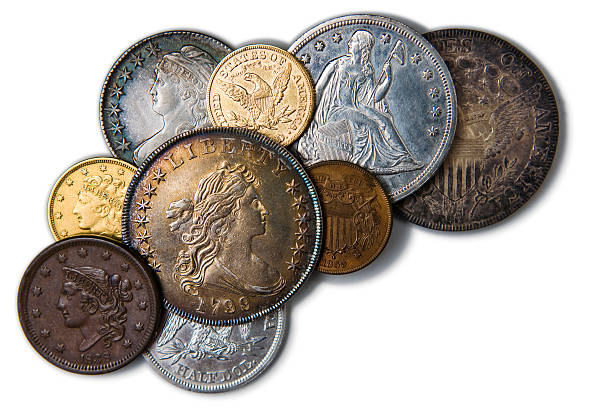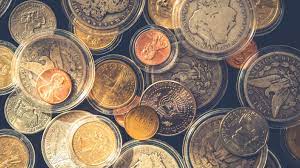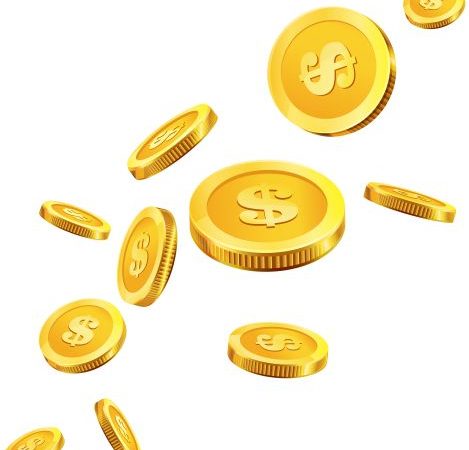This type of search is a favorite pastime of many people, and they are actively searching for coins not only in order to replenish their own numismatic collection, but also to increase their own wealth – some old or rare coins can significantly replenish the family budget.
To conduct an effective search, you should have certain knowledge, because not everyone knows how to properly search for coins. The best combination is to gain knowledge about potentially coin-rich places and use modern search equipment in the search process. In a word, you should buy or rent a metal detector, and then you will have a great chance to expand your collection and even earn money!
All this is successfully used by successful treasure hunters, and even though the coveted treasure becomes the main goal of such research, coins are also not left without attention.
A metal detector can search for coins almost anywhere – in the water, on the beaches, on the ground and underground, in damp basements and attic spaces full of cobwebs, in the depths of wells, in the remains of walls and foundations of dilapidated buildings. Using only one of the above places dramatically reduces the likelihood of a successful find, so experienced searchers conduct research on any promising place.
For example, a search on a farm includes not only a thorough examination of the foundation and walls of an abandoned dwelling, but also without fail a look into the well and the ravines closest to the house, search trees that have some features, large stones.
and other more tempting places in terms of laying with clear guidelines. It is here that the probability of finding not a treasure consisting of a vessel stuffed to the top with patina-covered coppers, but one, but a very rare and expensive coin, is very high.
Beginners, armed with the theory of correct search, still cannot, with the icy calmness of professionals, perceive their own failures that haunt everyone without exception at the stage of practical implementation of the acquired knowledge. Novice search engines should remember the most important rule: a metal detector is an excellent thing, your best friend and assistant, but the constantly growing store of knowledge helps even more in the search.
Not only going to the library will help to replenish the priceless piggy bank, but also active visits to specialized forums and sites dedicated to treasure hunting. Feel free to ask for advice from veterans – the experience of these people is truly valuable, and the information received from experienced treasure hunters will always help you improve the effectiveness of instrumental search.
As in most other cases, luck in finding coins comes with gaining practical experience, so selling a metal detector after the first failed search season is at least unwise. Try to carefully analyze all the actions that you took, the circumstances and conditions of the search, the behavior of the device.
The reasons for obtaining an unsatisfactory result, in fact, are many. Among them are the lack of proper experience, and errors in choosing a promising site, and the possession of unreliable or false information about the proposed site of the search.
but the most important were, are and remain elementary laziness, impatience and negligence in exploring a potentially rich in finds area. Only those who constantly improve their practical experience, constantly replenish the treasury of knowledge about finding coins, and are not lazy to carefully search every piece of promising territory over and over again can develop a flair for coins.
Experienced searchers can even tell you in the middle of the night how best to look for coins if you have a metal detector. Going forward, the owner of the device smoothly moves the search coil in such a way that the area of the subsequent movement overlaps the capture area of the previous one.
It would be more rational to divide the search area into sectors or rectangles, and carefully process each sector or segment several times. The work, to be honest, is tedious and long, but it brings much more finds than random running around and superficial processing.
In addition to all of the above, it is not bad if, in addition to the knowledge about the correct search for coins, you add knowledge about the belonging of various coins to a particular historical period.





